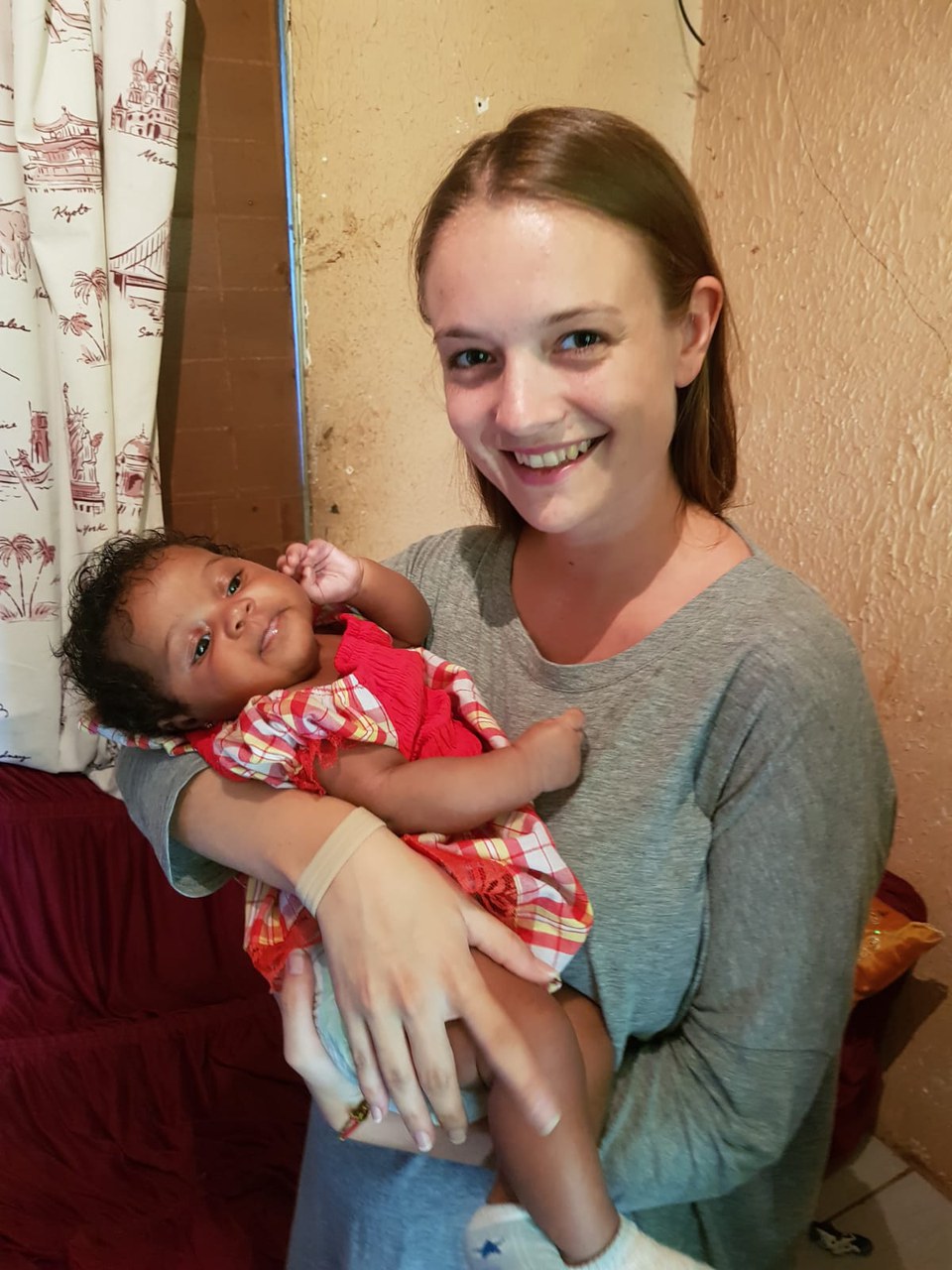Brazil
One of the most important reasons why I decided to go to Brazil for my semester abroad was to learn Portuguese. I had already started to learn it three years before, but as there are not a lot of possibilities in Austria and Liechtenstein to learn this language, I never got into a routine. So when I came to Brazil I was mostly excited about learning a new language.
Before I arrived, I heard that in São Paulo there are not a lot of people speaking English, therefore I expected to learn very fast. In addition, some years ago I was able to speak Italian nearly fluently and I also had Latin lessons back in school. But despite everything, after about one month, I had to determine that nothing seems to be like expected. Although most people do not speak English, or at least not very well, lots of them are also not willing to help you. Many Brazilians are very shy when you try to talk to them in English, or they even start ignoring you, maybe often because they are afraid of making mistakes. What makes it even harder is that most people also do not try to talk slower, because they are not used to people not speaking Portuguese.
But the local students are very helpful and friendly. Some are the complete opposite of what I described before. They try really hard to make your stay pleasant and help you understand every word.
Those people who try to talk English with you, enjoy it very much. Since they do not have a lot of possibilities to practice, they appreciate it a lot if they have the chance to speak English. But then again, they are very interested in learning English themselves and forget about teaching you their language. So, of course, it is always on you how fast you learn. The more you try and ask people, the more and faster you learn.
Therefore, something I have learned to overcome misunderstandings or communicative differences here in Brazil, is to try again and again when people seem to react in a shy and rejecting way.
The more often you try, the more interest they show in trying to help you.
In the beginning I attempted to avoid asking too many questions, because I did not want to annoy people. This is something that would happen in Austria in most cases: the more you ask and repeat things, the more people get annoyed, including myself. But here in Brazil it is the complete opposite. The more you try, the more people get interested in helping you, because they can see your effort and this is something they appreciate a lot.
Indirect communication is a part of their culture. For us it seems that they make things complicated, but I have now found out that this is the way they communicate: indirect, polite and extensive. In central Europe we have learned to be very direct and honest. But this is something we have to be aware of when communicating with people from other countries and continents. What we call honesty, many other culture conceive as insensitive, patronizing and impolite.
One thing I have learned from those people who refuse to speak English, is that if you repeat something more often in your language and use hand signs, there is nearly always a chance that the other person understands you. Facial expression and gestures are very similar all over the world and there is always a way to communicate with foreigners. This experience actually taught me something: it took my fear of traveling to places where I cannot speak the local language. I think that no matter where you are, there is always a way to communicate the most important things. So we do not have to be afraid of visiting new places with unfamiliar languages. If you, at least, try to learn the most simple phrases in the language of the place you are visiting, people already start to open their hearts and welcome you.
Being a beginner in a foreign language also taught me patience. On the one hand, patience with myself and my expectations. On the other hand, patience with other people trying to learn a language. The best way to learn is to take time. Speak slowly and repeat. If you have people around you supporting that thought, you will be capable of a new language very fast.
